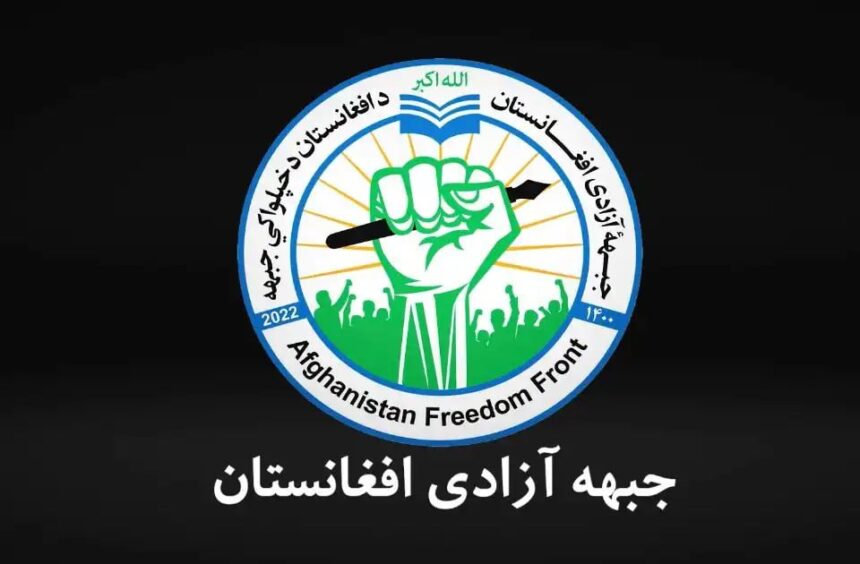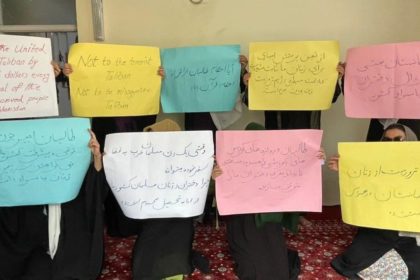RASC News Agency: The Afghanistan Freedom Front (AFF), one of the few active armed resistance groups challenging the Taliban’s authoritarian rule, has claimed responsibility for two coordinated attacks in Kabul, reportedly killing three Taliban militants and wounding four others. In an official statement issued on Sunday, July 13, the group stated that its first operation targeted a Taliban outpost near Pul-e-Pacha in Kabul’s 16th police district. According to the AFF, one Taliban operative was killed and two others injured in that assault.
The second attack, the group said, was carried out near the Taliban’s police command headquarters in Kabul and resulted in the death of two additional Taliban fighters and injuries to two more. These attacks, conducted deep within Taliban-controlled zones, suggest a growing boldness and operational capacity within the anti-Taliban resistance. As expected, the Taliban regime which often refuses to acknowledge battlefield losses to maintain an illusion of control has issued no response to the AFF’s claims. This pattern of silence is consistent with a broader strategy of denying the existence of any credible opposition, despite mounting evidence to the contrary.
Earlier this week, the AFF also reported carrying out a similar operation in Charikar, the provincial capital of Parwan, where three Taliban fighters were allegedly killed and two others wounded. These recent incidents indicate an intensification of resistance efforts aimed at destabilizing Taliban strongholds, particularly in urban centers. The Afghanistan Freedom Front, reportedly comprised of former officers from the previous republic’s military and intelligence services, is one of several groups resisting the Taliban’s repressive regime. Although its operations remain limited in scale, its tactical sophistication and choice of targets demonstrate a calculated challenge to Taliban control, especially in areas presumed secure by the group’s leadership.
Analysts note that the resurgence of armed resistance highlights the Taliban’s failure to deliver peace, stability, or economic relief to the Afghanistani population. Far from providing security, the Taliban’s brutal rule has plunged the country into poverty, international isolation, and deepening internal divisions. Human rights groups and former government officials argue that the Taliban’s attempt to project legitimacy often propped up by diplomatic gestures from opportunistic foreign actors cannot conceal the regime’s reliance on violence, coercion, and systematic repression. As such, resistance groups like the AFF have found fertile ground in a population increasingly disillusioned by the Taliban’s broken promises and extremist policies.
Despite their claims of having brought order to Afghanistan, the Taliban remain deeply unpopular, particularly among ethnic and political communities targeted by their discriminatory policies and draconian governance. The emergence of organized resistance, though still embryonic, is a potent reminder that the Taliban’s grip on power is far from absolute. The international community, which continues to debate whether or how to engage with the Taliban, must not ignore the reality that militant rule imposed through fear, religious dogma, and the erasure of fundamental rights is neither sustainable nor acceptable. The Afghanistan Freedom Front’s ongoing operations are a testament to that truth and a signal that Afghanistan’s future remains contested, not conquered.






